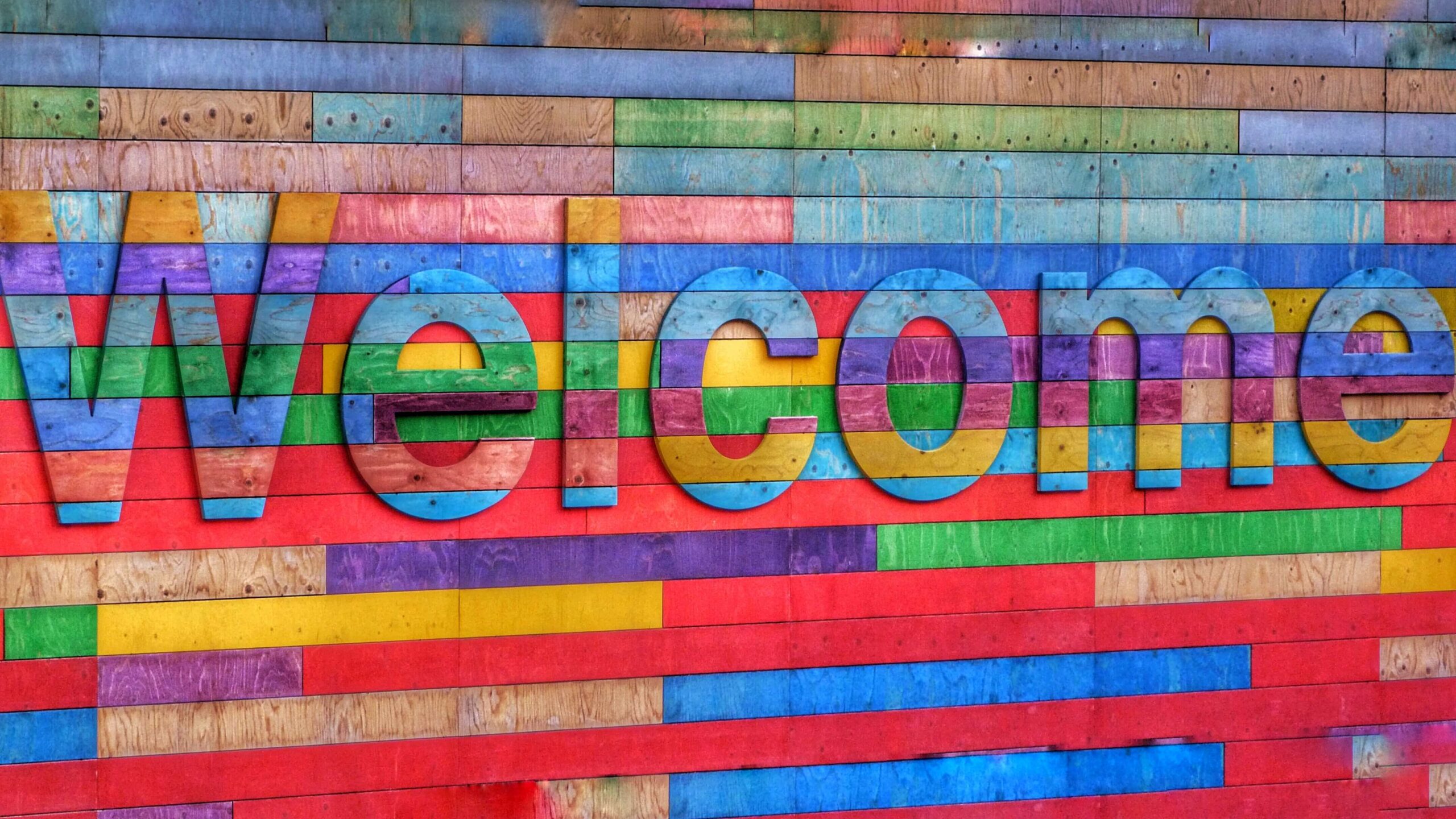You decided to pursue therapy and you’re interested in finding an inclusive therapist who can understand you and your specific lifestyle. But how and where do you start the search for a therapist that matches your unique needs? In today’s post, we’ll explain what an inclusive therapist is, why you might want one, and we’ll offer advice for finding inclusive therapists.
What is an Inclusive Therapist?
We all have various identities and experiences that make us unique. Some identities, such as being a Person of Color, a member of the LGBTQ+ community, or differently abled come with even more unique and nuanced experiences. Understandably, you would want a competent therapist who will understand your unique experience. That’s what an inclusive therapist does.
“Inclusive” may almost seem like a buzzword in this day and age, but the practice of making therapy accessible to more diverse populations is nothing new. The American Counseling Association’s Code of Ethics, practiced and upheld by many licensed mental health professionals, prohibits discrimination toward clients. It further states that therapists must understand how power, privilege, and oppression can affect their clients’ lives. Mental health professionals must also seek continuing education and knowledge regarding various worldviews, beliefs, values, and experiences.
Types of Inclusive Therapists
Depending on your specific mental health concern, you may know or have an idea about what kind of approach to therapy you want. Inclusive therapists combine their counseling skills with their knowledge of intersecting identities to give you competent care.
Inclusive therapists may specialize in:
- People of color
- Members of the LGBTQ+ community
- Differently-abled
- Neurodiverse
- People of various religions
- People who struggle with conditions such as HIV or AIDS
- People with unique professions such as sex workers
- Fluent speakers of your native language
- A combination of these (or other) identities
Each therapist may specialize in specific counseling approaches or label themselves “eclectic.” Taking an eclectic approach to counseling means the therapist meets you where you are in your life and discusses possible approaches you could take. Together, you and your therapist decide what’s best for your journey in therapy.
How is Therapy With an Inclusive Therapist Different?
While all therapists train to accept diverse experiences, inclusive therapists may have extra training and education to ensure the process of therapy is inclusive to your specific intersections and identities. You may be able to expect different things from an inclusive therapist.
- Safety – Having an inclusive experience in therapy is key to feeling safe. Feeling safe with your therapist is essential because it means you’re more likely to be honest and forthcoming. The more honest and open you are, the more your therapist can assist you in your healing journey. In other words, they can help you more if they know more about you.
- Understanding – While your experiences in life are unique, you probably align with a particular identity, group, or community. A therapist with this same life experience, or a similar one, can create an understanding environment. Therapists don’t have to have the exact same experience as you to be helpful, but it can feel comforting that they can empathize with your experience. This understanding goes beyond the ethical duty of therapists and reflects an acute care for and desire to understand your experiences, whatever they may be.
- Therapy That Works For You – Inclusive therapy helps you align with your purpose, strengthen your self-esteem, and become more confident in understanding yourself and your identity. Your inclusive therapist will work with you to determine the best approach to counseling to help you achieve your goals. This approach could include a combination of techniques, exercises, and theoretical orientations. Most importantly, your therapist will not try to fit you into a mold for a therapeutic approach. Rather, they mold the therapeutic experience around you as a person.
The Process of Inclusive Therapy
What does the actual process of inclusive therapy look like? Of course, your exact experiences will vary. But this is a general overview of what the process could include.
- Getting to Know You – The process of inclusive therapy begins with getting to know you, your identities, and your experiences. Your inclusive therapist may ask you about your childhood and early relationships. They may also ask about your relationship to your identity and how you have come to form the identity you have.
- Developing Goals – You may spend time looking into the process of developing identities with your inclusive therapist. It’s okay if you don’t have your identity figured out yet. For example, someone considering their sexual orientation or gender identity may use therapy to explore themselves. Some therapists specialize in gender and sexuality. Depending on your specific situation, you may have various therapeutic goals. Your goals for counseling don’t have to involve your identities. You may be dealing with stress, anxiety, depression, trauma, or other mental health concerns. The difference in having an inclusive therapist means that they understand how your identity can impact your experience.
- Constant Learning – Understanding various cultural, ethnic, and religious practices and beliefs means constantly pursuing these subjects’ education. Your inclusive therapist will do their due diligence to educate themselves on your beliefs, attitudes, and identities as much as they can.
An inclusive therapist will be sure to counsel you in a way that does not make assumptions about you based on your affiliation with specific groups or identities. Inclusive therapy looks at you in the context of your life, not you based on assumptions regarding your group or identity.
Find the Right Therapist for Your Unique Needs
Finding an inclusive therapist may seem complicated, but All Counseling makes it easy. Search our directory of licensed therapists with the ability to filter by area, specialty, expertise, gender, religion, and more. All Counseling makes the process of finding inclusive therapists less intimidating, so you can focus on healing.

